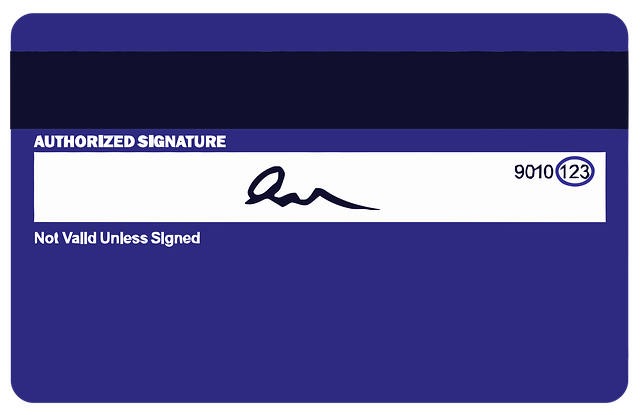In real estate, credit scores are crucial as they directly affect mortgage interest rates and loan terms. Prospective homebuyers should aim to maintain and improve their credit health before and during the home-buying process to secure better financing options, save money on borrowing costs, and simplify transactions for their dream properties. Lenders rely on credit scores to assess risk levels, making them a key factor in competitive real estate markets.
In the competitive world of real estate, understanding your credit score is pivotal. Higher scores unlock better mortgage rates, significantly impacting your financial journey. This article delves into the direct correlation between robust credit scores and favorable lending terms, guiding you through strategies to elevate your score for optimal real estate transactions. Discover how mastering your credit can save you thousands over time in the dynamic market of buying or selling property.
Understanding Credit Scores in Real Estate: How They Impact Your Financial Journey

In the realm of real estate, credit scores play a pivotal role in shaping one’s financial journey. A credit score is a numerical representation of an individual’s borrowing and repayment history, with higher scores indicating lower risk to lenders. This has a direct impact on the interest rates offered on mortgages, making it crucial for prospective homebuyers to understand how their credit scores influence their financial decisions.
When entering the real estate market, lenders assess credit scores to determine eligibility for loans and to set interest rates. Higher credit scores typically result in better terms, including lower borrowing costs over the life of a mortgage. This can significantly impact long-term savings, making it essential for individuals to maintain and improve their credit health before and during the home purchasing process.
The Direct Correlation Between Higher Scores and Better Mortgage Rates

In the realm of real estate, understanding the relationship between credit scores and mortgage rates is paramount for both lenders and borrowers. Higher scores, often a testament to an individual’s responsible financial behavior, directly correlate with more favorable mortgage terms and better interest rates. This means that prospective homebuyers with excellent credit can expect smoother sailing during their journey to homeownership.
When applying for a mortgage, lenders carefully assess various factors, with credit score being one of the most significant. Borrowers with higher scores are perceived as lower risk, leading to more competitive rates and potentially better loan conditions. This direct correlation is a game-changer, empowering borrowers to aim for and maintain strong credit ratings to access the best deals in the ever-evolving real estate market.
Strategies to Elevate Your Credit Score for Optimal Real Estate Transactions

Elevating your credit score is a strategic move that can significantly impact your real estate transactions. In today’s market, lenders often use credit scores as a primary indicator for assessing loan eligibility and determining interest rates. A higher credit score translates to better loan terms, which can save you money in the long run. Start by understanding your current credit report, checking for any discrepancies or errors that may be dragging down your score. Regularly reviewing your report allows you to identify areas for improvement.
Implementing effective financial habits is key to boosting your credit score. Pay all your bills on time, including credit cards and loans. Building a history of timely payments shows lenders that you are responsible with your finances. Additionally, strive to reduce your credit utilization ratio by keeping credit card balances low relative to your available credit limits. This simple step can have a profound effect on your score. Remember, a strong credit profile opens doors to favorable real estate opportunities, ensuring smoother transactions and better access to financing for your dream home or investment property.






